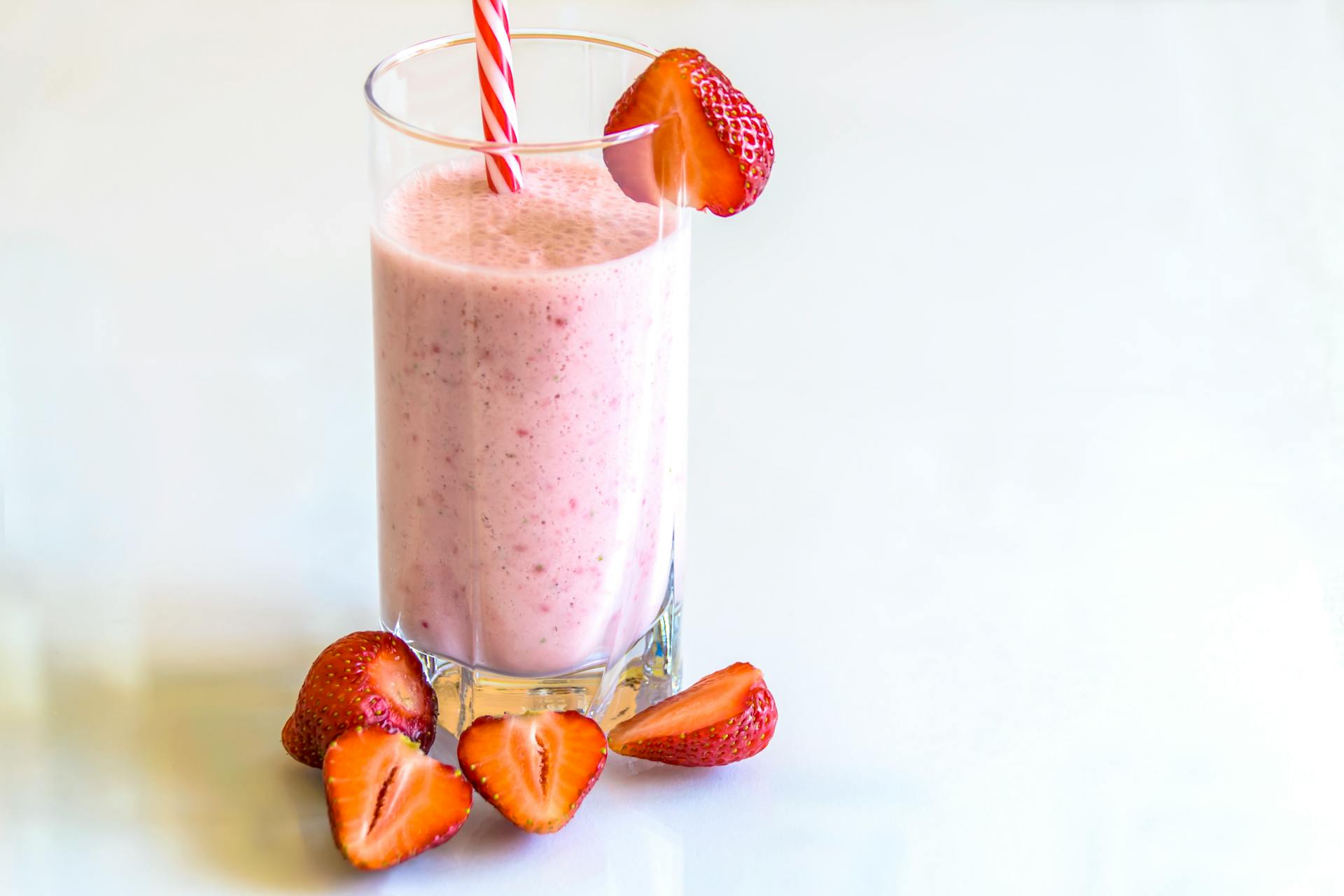Calories in OAT NON-DAIRY FROZEN DESSERT, OAT
Serving Size: 1 Serving (100.0g)
Amount Per Serving
- Calories 220.0
- Total Fat 13.0 g
- Saturated Fat 8.0 g
- Cholesterol 0.0 mg
- Sodium 40.0 mg
- Potassium 0.0 mg
- Total Carbohydrate 24.0 g
- Dietary Fiber 1.0 g
- Sugars 19.0 g
- Protein 1.0 g
- Vitamin A 0.0 IU
- Vitamin B-12 0.0 µg
- Vitamin B-6 0.0 mg
- Vitamin C 0.0 mg
- Vitamin D 0.0 IU
- Vitamin E 0.0 mg
- Calcium 0.0 mg
- Copper 0.0 mg
- Folate 0.0 µg
- Iron 0.0 mg
- Magnesium 0.0 mg
- Manganese 0.0 mg
- Niacin 0.0 mg
- Pantothenic Acid 0.0 mg
- Phosphorus 0.0 mg
- Riboflavin 0.0 mg
- Thiamin 0.0 mg
- Zinc 0.0 mg
Note: The nutrition information for this food comes from the USDA Food Central Database. The data from the USDA is generally pretty accurate. However, please use the data on this page at your own risk. Daily values are based on a 2,000 calorie per day diet put forth by the FDA. Actual daily nutrient requirements may be different based on your gender, age, level of physical activity, medical issues and other factors.
Ingredients
OAT BASE (WATER, OATS), COCONUT OIL, SUGAR, DEXTROSE, GLUCOSE SYRUP, LOW ERUCIC ACID RAPESEED OIL. CONTAINS 2% OR LESS OF: MONO- AND DIGLYCERIDES OF FATTY ACIDS, LOCUST BEAN GUM, GUAR GUM, SEA SALT.Calorie Analysis
The food OAT NON-DAIRY FROZEN DESSERT, OAT, based on the serving size listed above, would account for 11% of your daily allotted calories based on a 2,000 calorie diet. The majority of the calories for this food comes from fat. Fat makes up 53.2% of the calories.Exercise Burn Time
The above food(OAT NON-DAIRY FROZEN DESSERT, OAT) has 220 Calories per 1 Serving (100.0g). For someone weighing 170 pounds, if they did the exercise Hot Yoga, it would take about 32.9 minutes to burn the calories. You can find more information on the calories burned doing popular exercises here.Other Food Calorie Information
- Calories In LICORICE BEARS, LICORICE
- Calories In DARK CHOCOLATE AMERICA'S CANDY COATING, DARK CHOCOLATE
- Calories In KEY LIME PIE PREMIUM QUALITY ICE CREAM, KEY LIME PIE
- Calories In HOMESTYLE CHILI WITH BEANS, HOMESTYLE
- Calories In FRUIT PUNCH WELLNESS WATER, FRUIT PUNCH
- Calories In ENGLISH PEAS, ENGLISH
